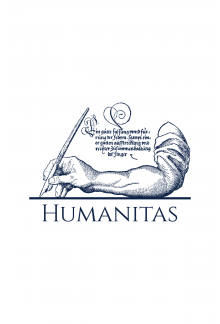- Home
- All Categories
- Academic, Professional Literature
- Natural & Physical Sciences
- Chemistry
- Global E-waste Management Strategies and Future Implications

Global E-waste Management Strategies and Future Implications
Voted 0
ISBN: 9780323999199
Published: 2023
Publisher: Elsevier
Language: English
Format: Paperback / softback
Format: 9.25×7.5
Published: 2023
Publisher: Elsevier
Language: English
Format: Paperback / softback
Format: 9.25×7.5
Price:
Whe don't have this product
Delivery in Lithuania within 3-5 weeks. Possible delay
In stock. Delivery in Lithuania within 1-4 working days
Delivery in Lithuania within 3-5 weeks. Possible delay
Delivery conditions
Description
<i>Global E-waste Management Strategies and Future Implications</i> provides in-depth information about the global E-waste problem and the potential opportunities. Part 1 of this book starts with the introduction to the E-waste, sources, critical composition, and associated challenges & opportunities. Part 2 of this book further elaborates detailed overview of the current trends in E-waste management and existing treatment options (hydrometallurgy, pyrometallurgy, bioleaching and biohydrometallurgy) and its implications. The book also discloses the critical implications of the secondary pollutants on the environment and human health with special emphasis on the informal recycling practices in the developing nations. Part 3 deals with the existing regulations in developed and developing countries which are illustrated using case studies for effective understanding and to bridge the gaps between the developed and developing nations. Part 4 of this book includes scientific and technical information to get a better vision and understanding of the most advanced and innovative methods for E-waste management such as life cycle assessment (LCA), tax credit, extended producer responsibility (EPR), extended consumer responsibility (ECR) which is explained systematically with case studies. Part 5 of this book covers the best E-waste management practises, such as reduce, recycle, recover and reuse (4R) principles, circular resource management, value out of waste (VoW), solutions for smart cities, green product design etc., which is explained using the ideal case studies. Part 6 summarizes the transition towards sustainability.
Reviews (0)
Write a review
